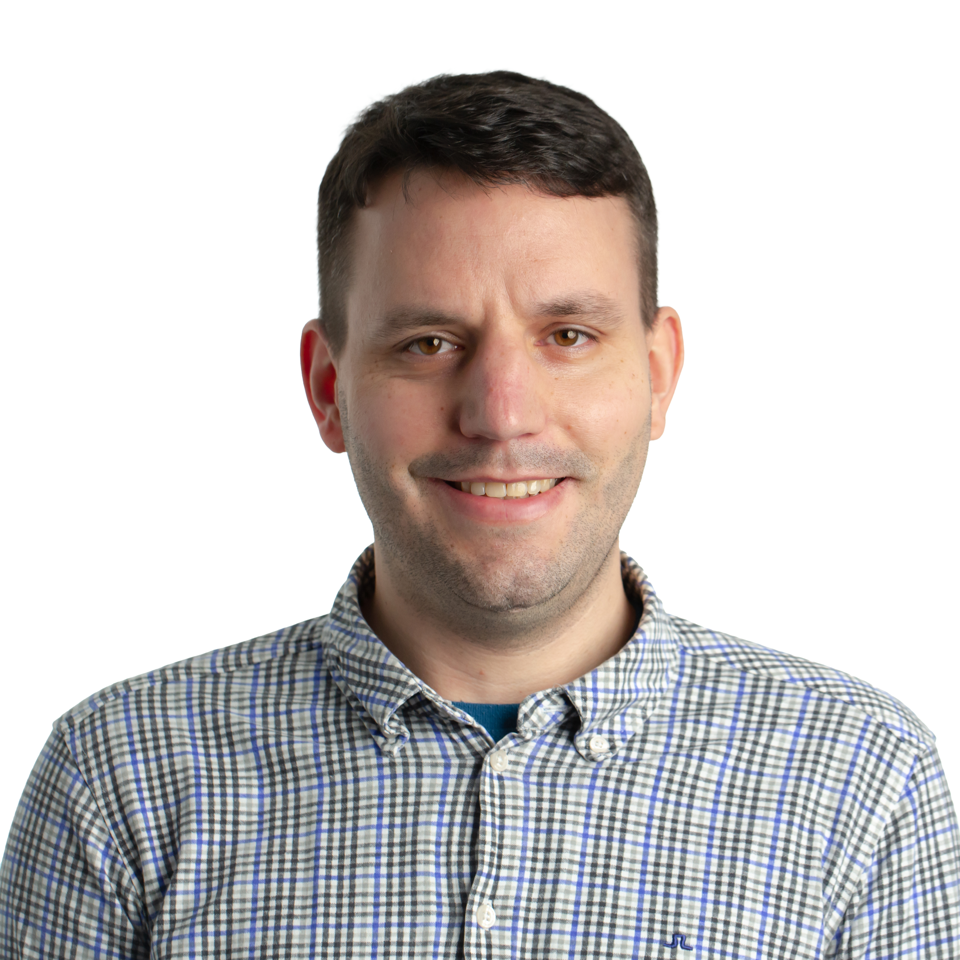
Abstract
Photonic integrated circuits have experienced a tremendous progress over the last decade, seeding a commercial photonic chip ecosystem, which provides active and passive photonic chips with well-defined circuit components. Indeed, one of the first photonic chip materials was lithium niobate, which has been used for decades for high-speed modulators, underpinning the internet, and as a nonlinear optical material for frequency mixing processes. In the last 5 years, lithium niobate has experienced a rejuvenation, thanks to the commercial availability of thin-film lithium niobate on insulator wafers, enabling the fabrication of tightly confining waveguides suitable for dense integration of circuit components. In this talk, Andy will provide an overview of the thin-film lithium niobate on insulator platform that he has helped to develop at RMIT University and examples of its use for applications such as quantum optics, navigation, and communications. Andy will also present current and future research projects that aim to use this platform for precision timing, enhanced acousto-optic interaction and visible wavelength optical frequency combs.
Biography
Dr Andy Boes is a Senior Lecturer at the University of Adelaide (Australia). His present
research is on photonic integrated circuits and their use for precision measurement
applications such as navigation sensors and atomic clocks. He received his PhD from RMIT
University (Australia) in 2016, where he investigated ferroelectric domain engineering in
lithium niobate crystals and use such crystals for optical and acoustic applications. Since
then, Andy shifted his focus from material science towards using attractive properties of
materials in photonic integrated circuits. To deepen his understand, he spent a sabbatical
year at the University of California, Santa Barbara (UCSB) in 2017/18, visiting Prof. John
Bowers and learning about photonic circuit integration methods and highly efficient
nonlinear optical waveguides. In 2018, Andy went back to RMIT University where he took
up the Precision Sensing and Defence team leader position in the Integrated Photonics and
Applications Centre (InPAC). In April 2022, Andy joined the Institute for Photonics and
Advanced Sensing at the University of Adelaide.